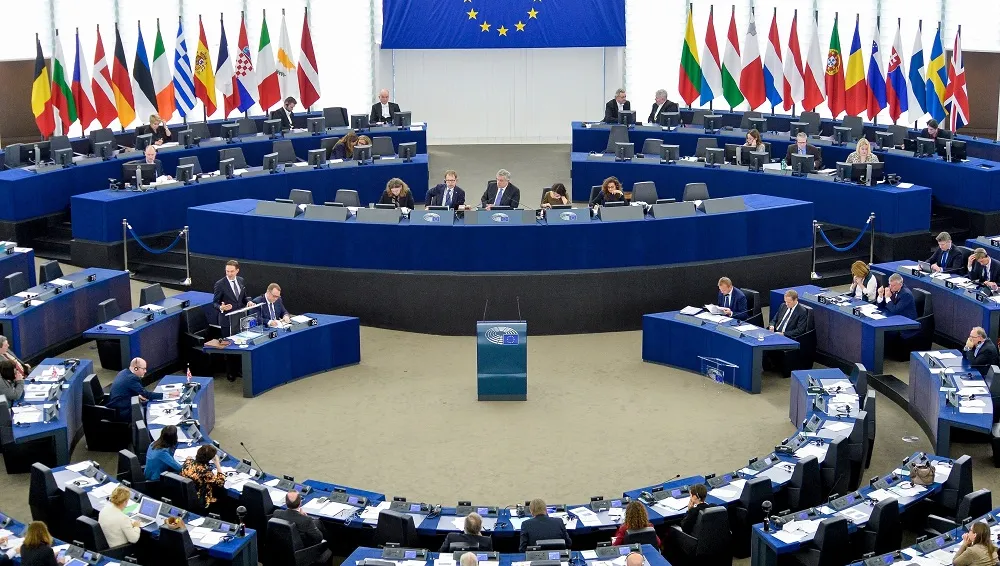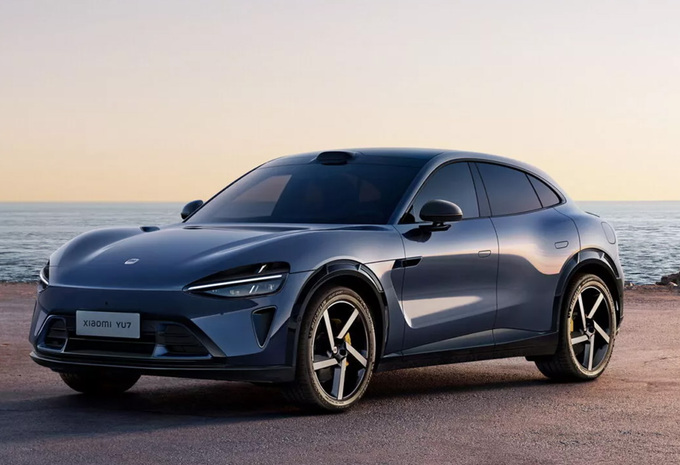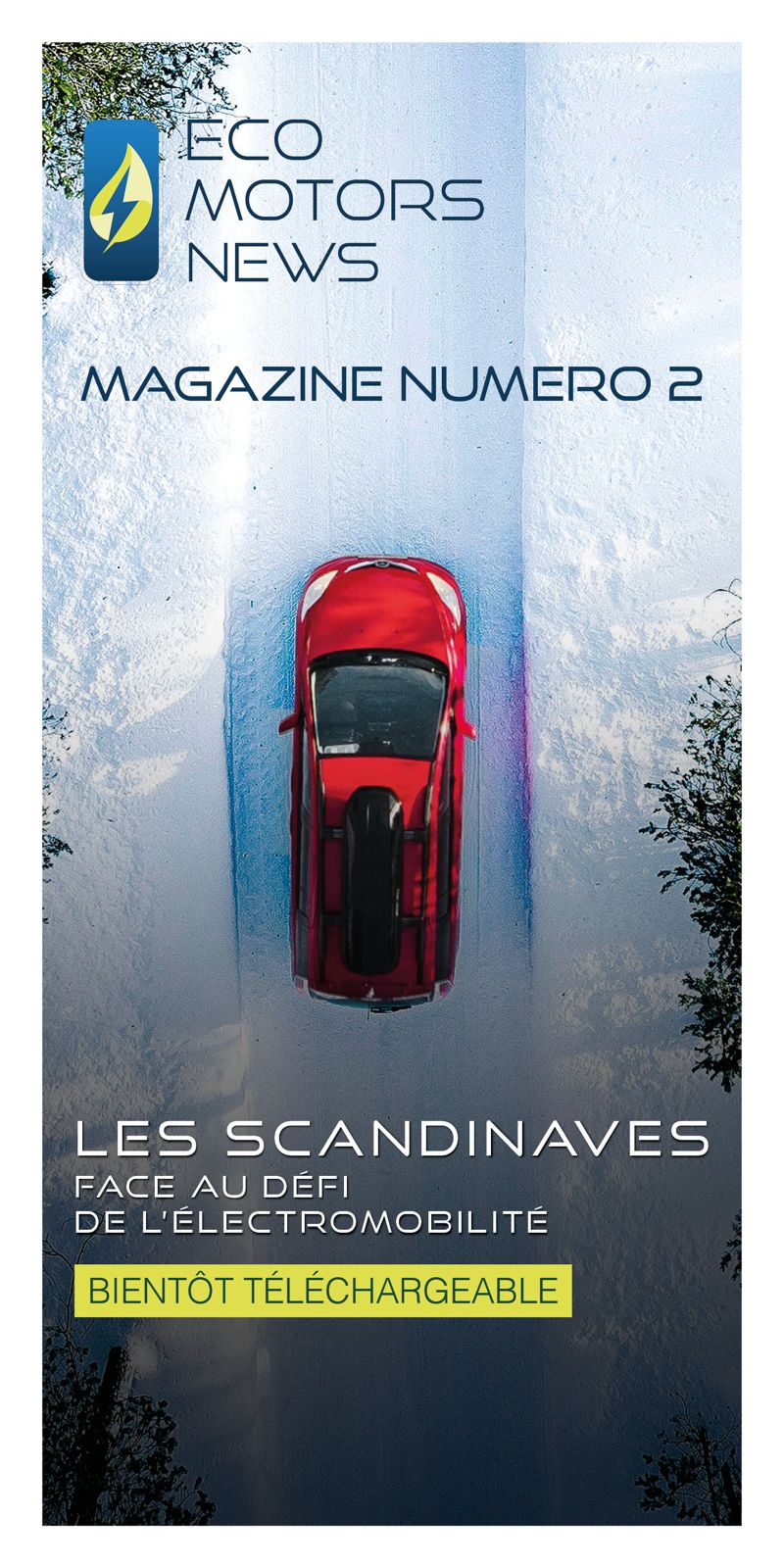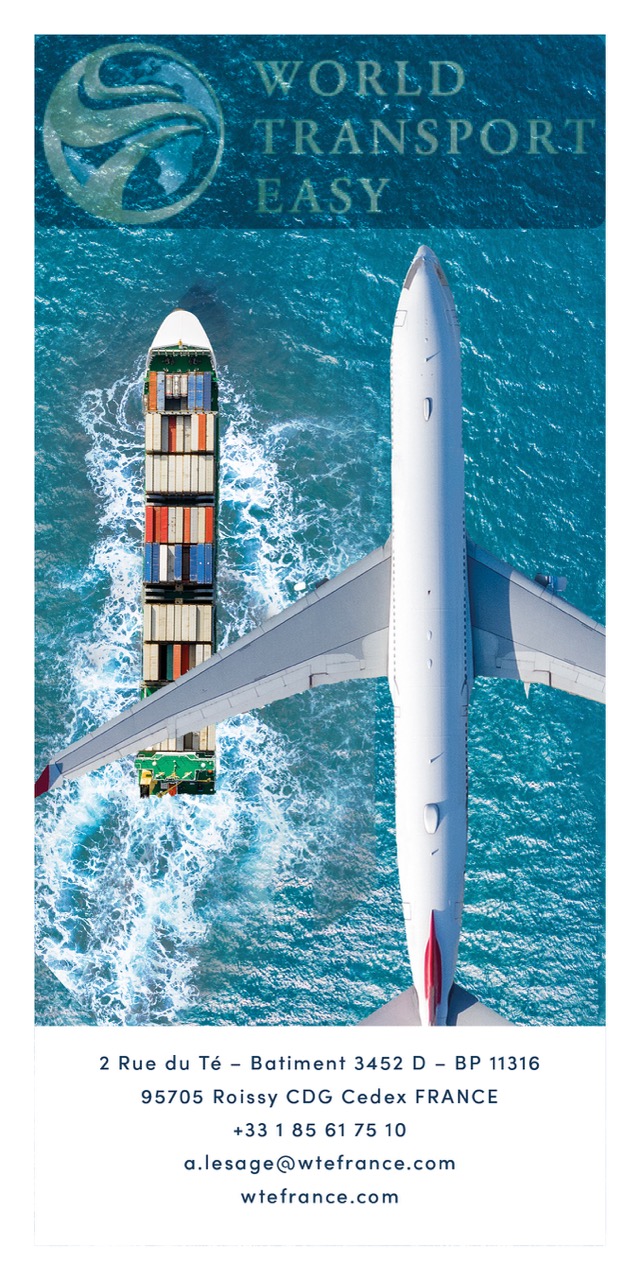By 2030, the European Union is undertaking an unprecedented transformation of its energy and industrial model. New targets, massive acceleration of renewables, drastic consumption reductions, climate diplomacy… The 2030 plan outlines an ambitious but demanding path to make Europe the first carbon-neutral continent.

Targets raised
Since 2023, the EU has adopted a series of legislative revisions to “reduce net greenhouse gas emissions by at least 55% by 2030.” This target, included in the Green Deal, sets a clear direction: accelerate the transition across all sectors, from energy to transport and industry. This ambition relies on a strengthened governance system, designed to “ensure planning, monitoring, and reporting” of progress toward European targets and those of the Paris Agreement (2015). Oversight thus becomes more transparent and demanding for member states.
Energy efficiency is at the heart of the plan. According to the directive, effective from 2023, the goal is a reduction of 11.7% in final energy consumption compared to 2020 projections. This target represents 763 Mtoe (million tonnes of oil equivalent) in final energy and 992.5 Mtoe in primary energy. The EU also stresses that “the benefits of energy savings must outweigh the costs” associated with necessary renovations and adjustments, underlining the social and economic importance of the transition.
To achieve this -11.7%, several levers become mandatory. First, an annual reduction of 1.9% in overall public sector consumption, accompanied by a requirement to renovate 3% of public buildings each year. Second, member states must reach an average energy savings rate of 1.49% per year between 2024 and 2030, nearly double the previous period (0.8%). This unprecedented pace will affect key sectors: building, industry, and mobility.
The EU now sets “at least 42.5%” renewable energy in the energy mix by 2030, with an ambition to reach 45%. To measure acceleration, Europe recalls that the share of renewables was only 23% in 2022, and the previous 2030 target was set at 32% in 2018. This represents a doubling of the effort in less than a decade.

A critical international citizen mobilization
Contrary to common belief, the shift toward renewables enjoys strong support. The Commission cites a 2025 Eurobarometer survey showing that “88% of citizens support the increased development of renewable energy.” This social support is a key factor for the success of European policies, especially in sensitive sectors: renovation, mobility, and renewable infrastructure.
A major innovation of the 2030 plan is the explicit integration of human behavior. The 2025 launch of the Energy Behaviour Forum illustrates this shift. The goal: understand and transform daily energy use. From October 2025 to February 2026, a European program will enable local authorities to “design projects that induce behavioral change and save energy.”
This aspect, often absent from energy policies, becomes central: a sustainable transition no longer relies solely on technology, but also on the adoption of new practices. The EU thus focuses on systemic change, combining technical innovations and social transformations.
The European Union extends its strategy beyond its borders. At COP28, it launched, with over 130 global leaders, a Global Pledge on Renewables and Energy Efficiency aimed at tripling global renewable capacity and doubling energy efficiency rates by 2030. Without this international mobilization, “the 1.5°C trajectory will be compromised,” and current policies lead to a 3°C warming according to the Global Energy and Climate Outlook 2022.

Towards a circular economy and a just transition
Beyond energy, the 2030 plan fits into a broader vision: reduce pressure on resources, enhance circularity, and combat biodiversity loss. The Commission notes that “material consumption is expected to double within 40 years” and that this exploitation accounts for “over 90% of biodiversity loss and water stress.” This systemic approach shows that the European transition no longer concerns only energy but the entire economic model.
The 2030 plan marks a historic turning point: Europe sets clear, binding targets supported by an assertive diplomacy. But the path will be demanding: renovate, electrify, produce cleaner, consume less, and support citizens through these changes. The key takeaway is that the transition can no longer be technocratic: it must be collective. Success requires combining investments, technologies, new habits, and strengthened governance. A titanic challenge, but above all, an opportunity to sustainably rethink our relationship with energy and resources.















